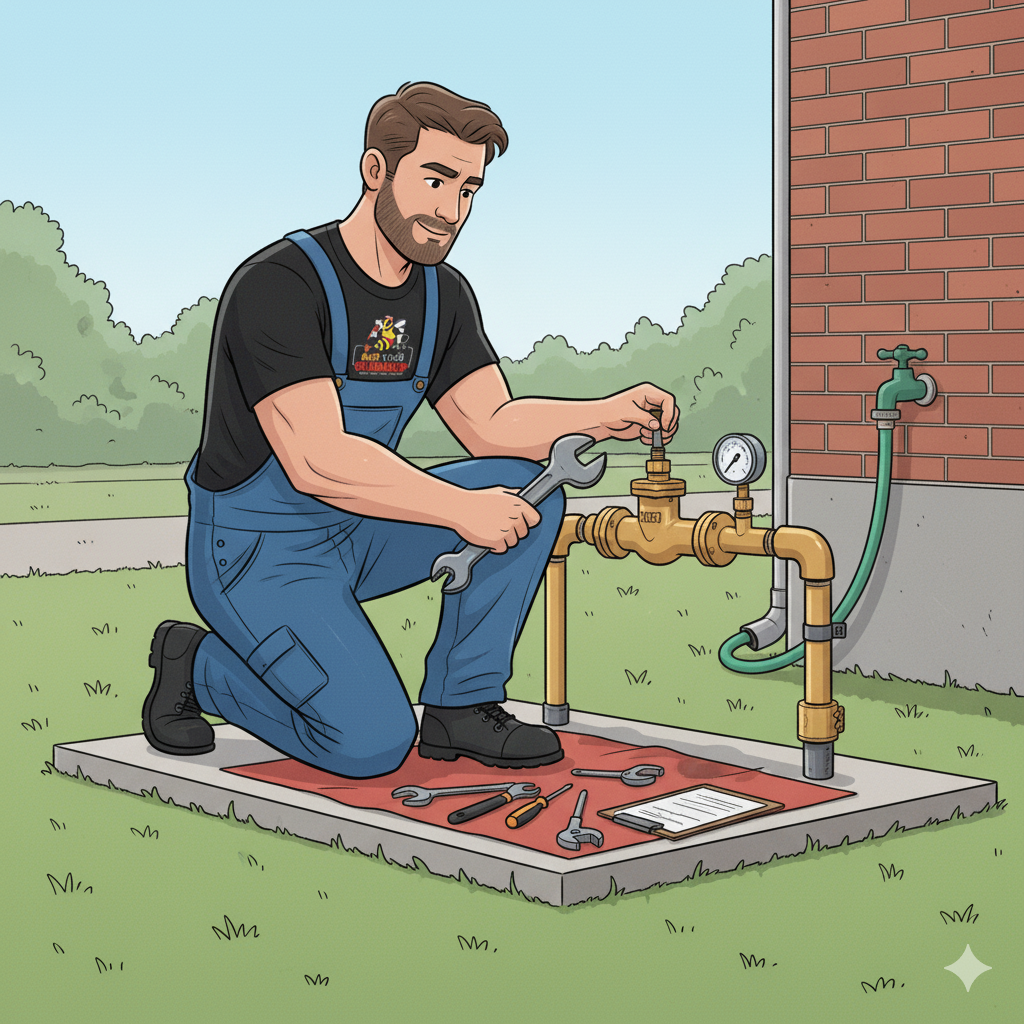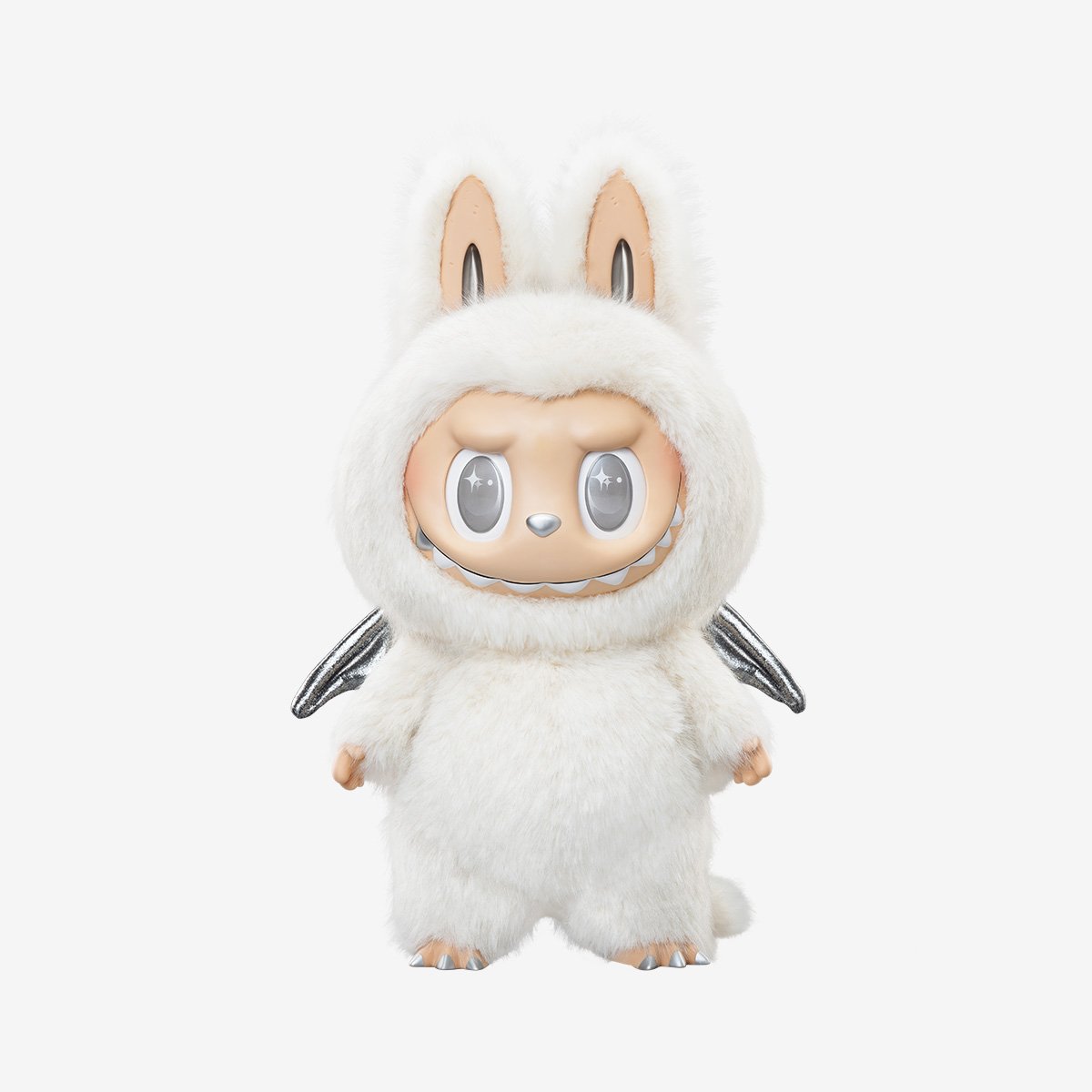What Are Racist Jokes?
Racist jokes are jokes that target individuals or groups based on their race, ethnicity, or cultural background. While they are often disguised as humor, their underlying message usually reinforces harmful stereotypes and fuels discrimination. These jokes may appear lighthearted to some, but to the communities being targeted, they can be offensive, degrading, and damaging.
The Illusion of Humor
Many people who tell racist jokes justify them as “just a joke” or claim that they are not meant to offend anyone. However, humor has power. It reflects social values and influences how people think. A racist joke is not only about laughter—it carries assumptions that normalize prejudice. When repeated, such jokes desensitize people to racism, making it appear acceptable or harmless.
Humor can be a tool for healing and connection, but when it is built on racism, it divides rather than unites. Understanding this difference is key to recognizing why racist jokes are more harmful than funny.
Historical Roots of Racist Jokes
Racist jokes have a long history, often tied to colonialism, slavery, and segregation. In the past, entertainment industries used racial stereotypes in comedy shows, movies, and literature. These portrayals were intended to mock minority communities and present them as inferior.
For example, minstrel shows in the United States popularized racist jokes that portrayed African Americans as lazy or unintelligent. In many countries, ethnic minorities became the butt of jokes that painted them as backward or strange. Such humor not only entertained audiences but also reinforced systemic racism by making prejudice socially acceptable.
The Psychology Behind Racist Jokes
Research in psychology shows that racist jokes work by reducing empathy. When people laugh at a stereotype, they are less likely to view the targeted group with compassion. Over time, this can build unconscious bias.
Racist jokes also create group boundaries. They make the in-group (those laughing) feel superior while marginalizing the out-group (those being laughed at). This dynamic fosters division and inequality, often leading to further discrimination.
Why Racist Jokes Are Harmful
Racist jokes may seem harmless to the teller, but they can have serious consequences:
1. Reinforcement of Stereotypes
Every joke that mocks a race or ethnicity spreads a stereotype. Even if told in jest, repetition embeds these ideas in society’s subconscious, influencing how people view others.
2. Emotional Harm
Hearing racist jokes repeatedly can damage self-esteem and mental well-being. People from marginalized groups often report feeling excluded, humiliated, or devalued.
3. Normalization of Racism
When racist jokes are tolerated, they set a tone that racism is acceptable in casual settings. This normalization can spread to workplaces, schools, and even public policy.
4. Impact on Youth
Children and young adults exposed to racist jokes often internalize stereotypes early on. This can shape their worldview and influence how they interact with peers of different backgrounds.
Racist Jokes in the Digital Era
With the rise of social media, racist jokes have found a wider platform. Memes, tweets, and viral videos often include racial stereotypes disguised as humor. While some argue it’s satire, the effect remains harmful. The internet amplifies these jokes quickly, reaching millions in hours.
At the same time, digital platforms have also given people the power to call out racism. Hashtags and online campaigns against racist humor show growing awareness. Many comedians and influencers now avoid such jokes because audiences demand inclusivity and respect.
Cultural Differences and Sensitivity
What one culture may see as humor, another may view as deeply offensive. This cultural gap often fuels debates around racist jokes. For example, in multicultural societies, jokes about accents, food, or traditions might seem harmless to one group but insulting to another.
This is why cultural sensitivity is important. Understanding the line between humor and racism helps avoid offending others. Respectful comedy can still thrive without mocking identities.
The Role of Media and Entertainment
Media has historically played a big role in normalizing racist jokes. Films, sitcoms, and stand-up shows often relied on racial stereotypes for laughs. However, the entertainment industry is slowly changing. Today, many platforms refuse to promote content that includes racist humor.
Modern comedians are also shifting their approach. Instead of targeting race or ethnicity, they use observational comedy, self-deprecating humor, or satire to connect with audiences. This proves that humor can be powerful without being racist.
How to Respond to Racist Jokes
Dealing with racist jokes requires both courage and awareness. Here are some ways individuals can respond:
- Speak up politely – Point out that the joke is offensive and explain why.
- Educate with empathy – Sometimes, people don’t realize the harm they are causing. A calm explanation can help.
- Set boundaries – Make it clear that such jokes are not acceptable in your space.
- Lead by example – Use humor responsibly and show others that inclusivity can be funnier than exclusion.
Communities, schools, and workplaces are increasingly adopting policies to discourage racist jokes. Training programs on diversity and inclusion also play an important role in reshaping attitudes.
Moving Toward Inclusive Humor
Humor is an essential part of human connection. It relieves stress, builds friendships, and creates joy. But it should not come at the expense of others. Inclusive humor focuses on shared human experiences rather than targeting a group for being different.
Comedians and creators who move away from racist jokes often find their audiences grow stronger. People want to laugh without guilt. Inclusive humor allows everyone to enjoy the moment, regardless of their background.
Conclusion
Racist jokes may seem like harmless fun, but their impact runs deep. They reinforce stereotypes, cause emotional harm, and normalize prejudice in society. While humor is an important part of life, it should never be used to belittle others.
The rise of awareness, especially in the digital age, shows that society is moving toward more inclusive and respectful humor. By rejecting racist jokes and embracing inclusive laughter, we can build a world where comedy unites rather than divides. for blog visit our site techners.












Leave a Reply